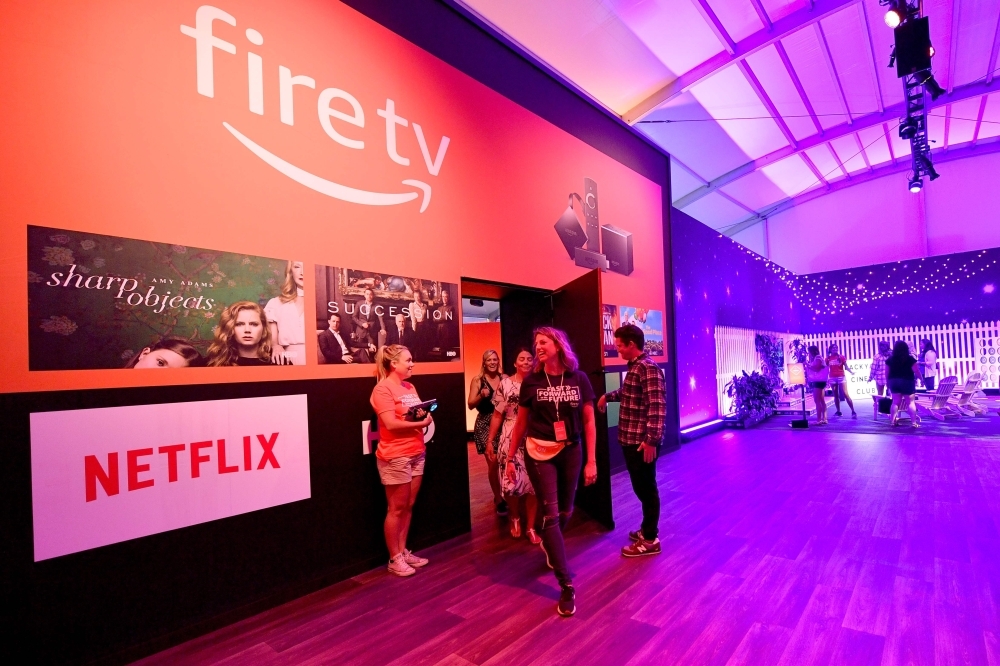
BRUSSELS — Users of Android devices in Europe will be able to choose rival browsers and search engines from five options starting on Thursday, a senior Google executive said, as the company tries to quell EU antitrust concerns and stave off fresh penalties.
Hit with a record 4.34 billion euro fine last year for using the market power of its mobile software to block rivals in areas such as internet browsing, Alphabet unit Google was also ordered to come up with a proposal to give its rivals a fair chance.
The European Commission said Google had an unfair advantage by pre-installing its Chrome browser and Google search app on Android smartphones and notebooks.
The company last month said it would let Android users choose their browser and search engine but did not provide details.
Android users in Europe who open Google's app store Google Play will now see new screens with an option to download different search apps and browsers, Paul Gennai, its product management director, said in a blog.
"Two screens will surface: one for search apps and another for browsers, each containing a total of five apps, including any that are already installed," he said.
The five apps are chosen based on their popularity, which is determined based on industry data and the number of downloads in each country. They will then be listed in a random order.
"Where a user downloads a search app from the screen, we'll also ask them whether they want to change Chrome's default search engine the next time they open Chrome," Gennai said.
The new options will appear on both existing and new Android phones in Europe.
Google faces a fine up to 5 percent of Alphabet's average daily worldwide turnover if it fails to comply with the EU order to stop anti-competitive practices.
Lobbying group FairSearch whose Android complaint triggered the EU investigation urged regulators to take a tougher line.
"FairSearch rejects as insufficient Google's launch today of a choice screen for Android because it does nothing to correct the central problem that Google apps will remain the default on all Android devices," it said in a statement.
Another critic Initiative for a Competitive Online Marketplace (ICOMP) echoed the same sentiment.
"There also is no legitimate reason Google search is still the default in most web browsers and even on Apple products," its chairman Michael Weber said.
Russian competitor Yandex, where similar changes ordered by the Russian anti-monopoly watchdog two years ago helped it to overtake Google to become the country's most popular search engine market share, said it was a move in the right direction.
"This is a good step forward," said Preston Carey, Yandex's senior vice-president for international development.
Still, he said the lack of a strong rival to Google in Europe may mean the changes are not as effective as those in Russia. — Reuters